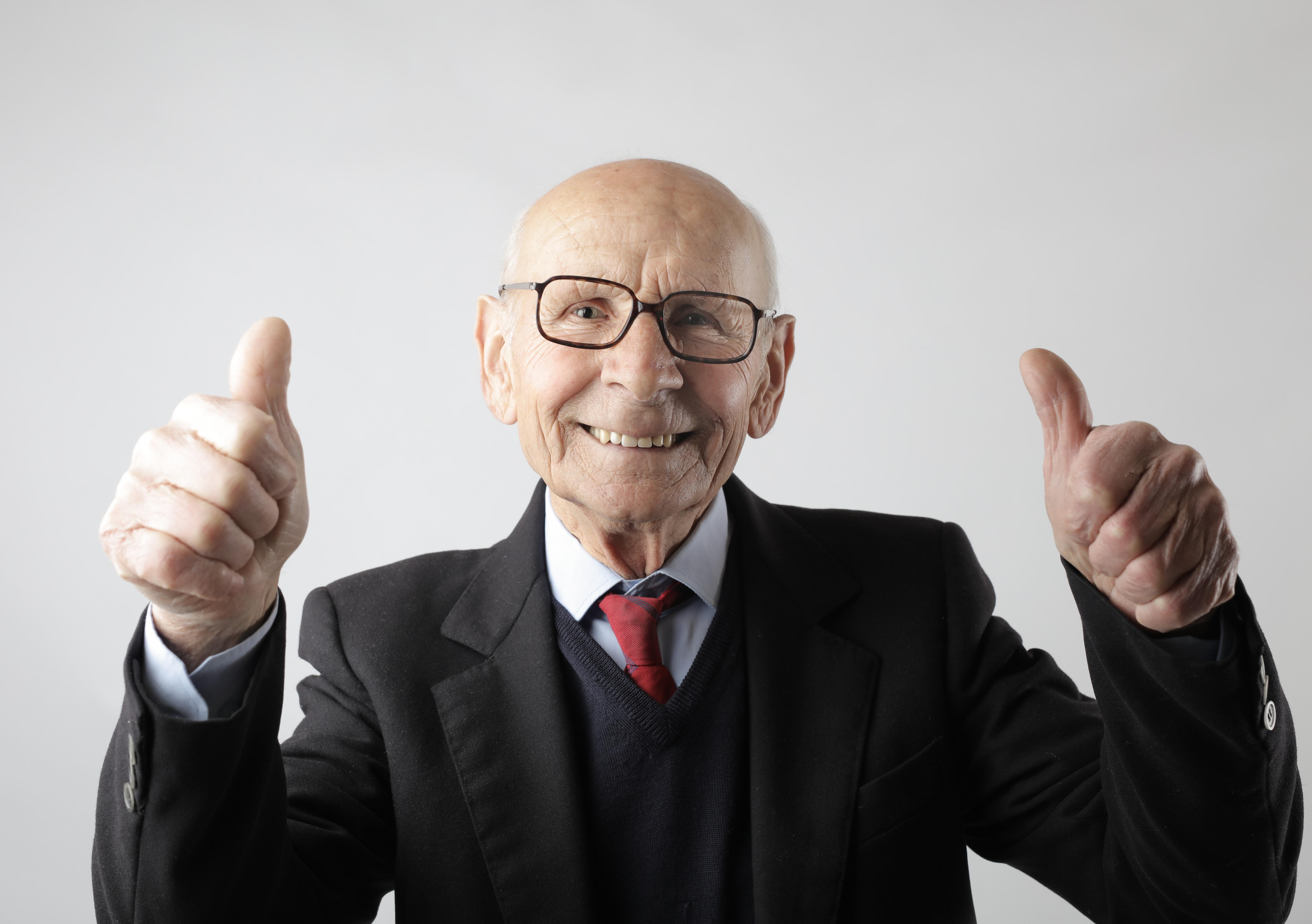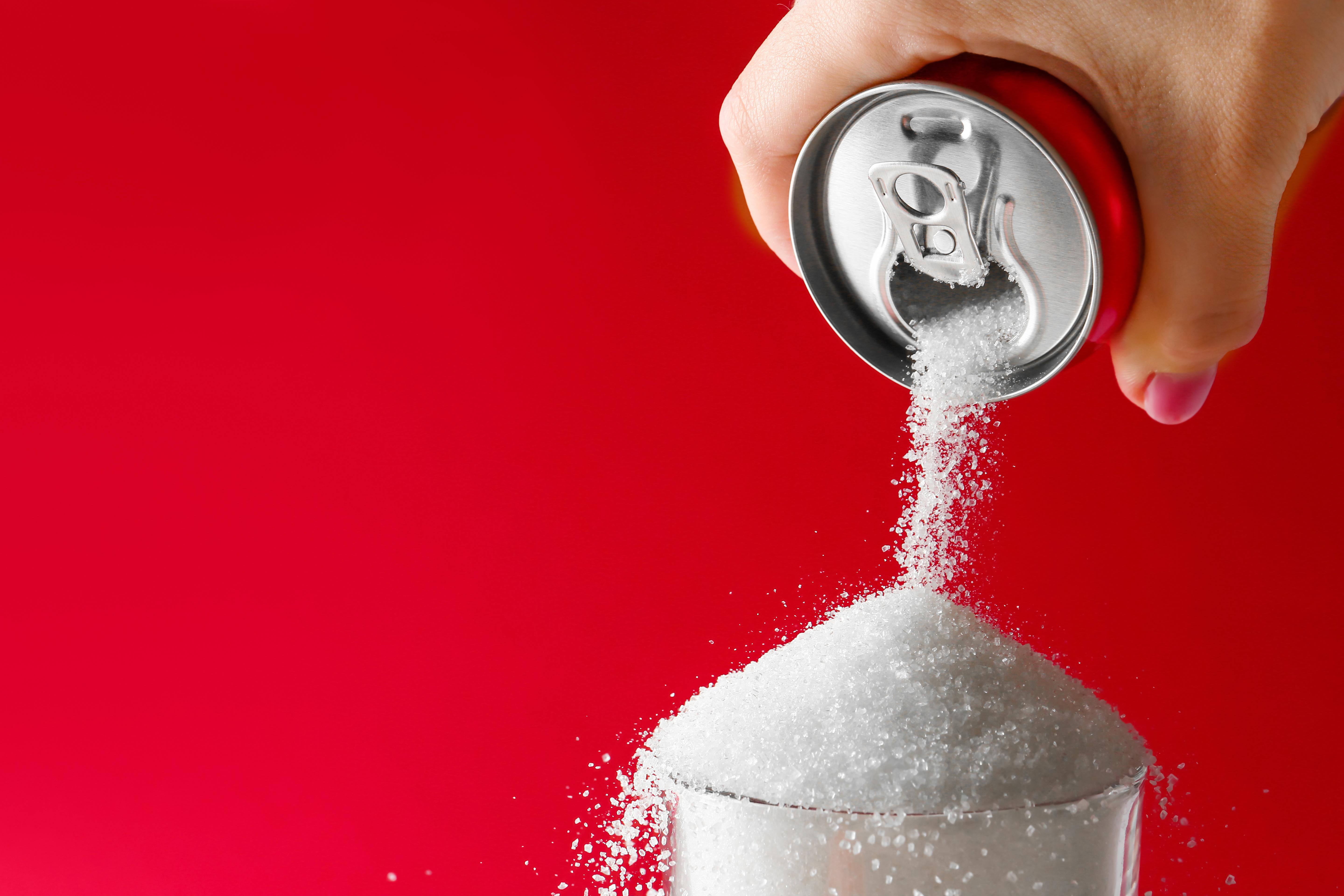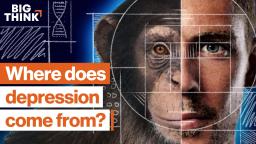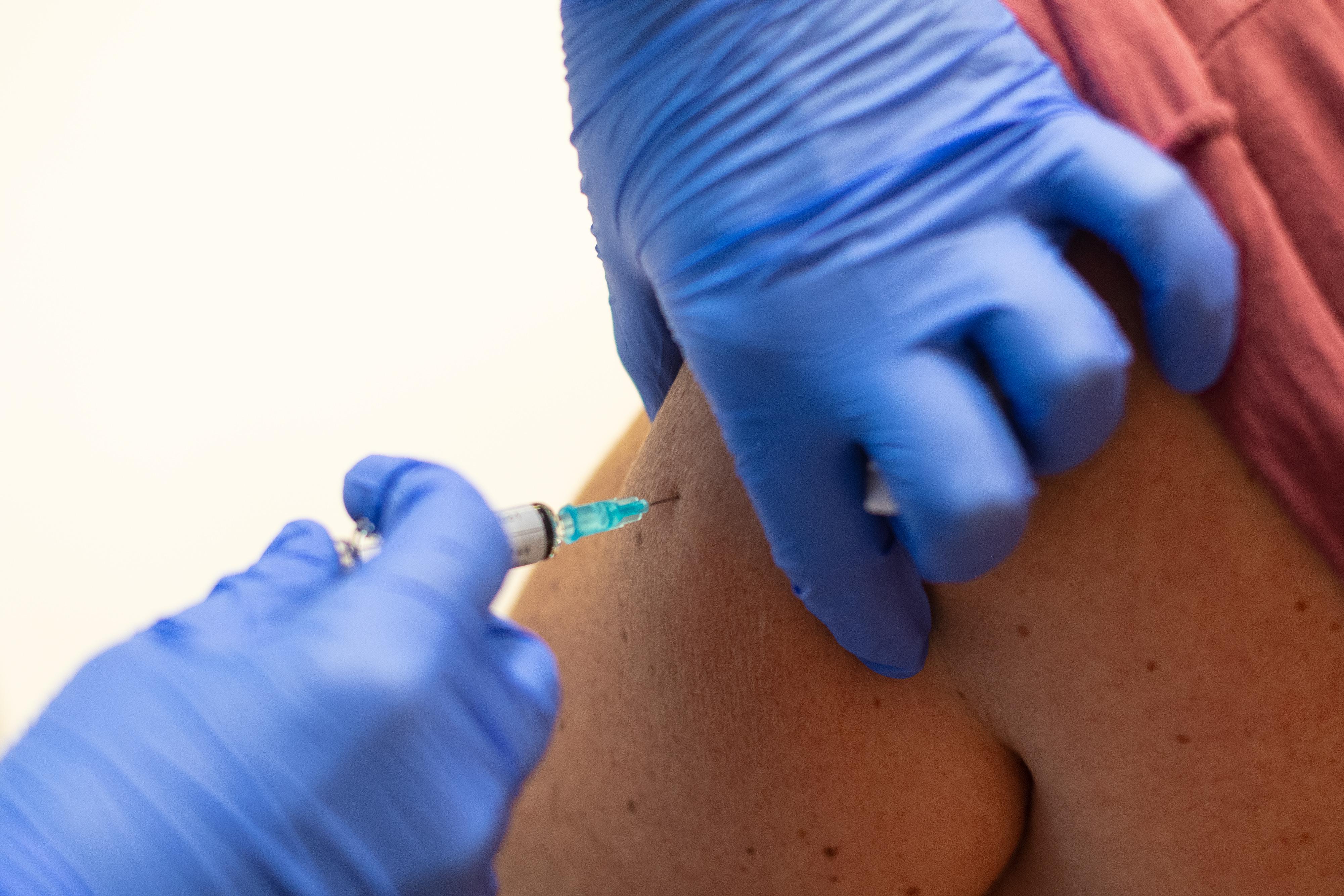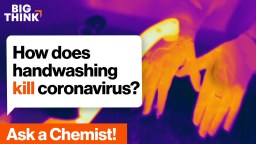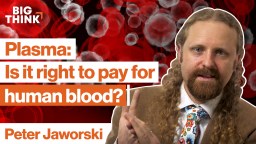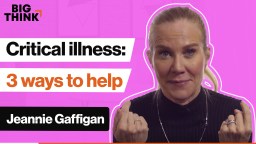illness
Biomedical science assumes that people want to live as long as possible. They don’t.
Israeli food-tech company DouxMatok (Hebrew for “double sweet”) has created a sugary product that uses 40 percent less actual sugar yet still tastes sweet.
A newly discovered coronavirus — but not the one that causes COVID-19 — has made some dogs very sick.
Scientists are using bioelectronic medicine to treat inflammatory diseases, an approach that capitalizes on the ancient “hardwiring” of the nervous system.
From baboon hierarchies to the mind-gut connection, the path to defeating depression starts with understanding its causes.
▸
23 min
—
with
Could we have predicted COVID-19 through social media trends?
This small-scale study may have uncovered a new link between the peripheral nerve system and autism.
What lies in store for humanity? Theoretical physicist Michio Kaku explains how different life will be for your descendants—and maybe your future self, if the timing works out.
▸
15 min
—
with
The vaccine just passed its first clinical trials, but it has a long way to go.
The researchers say their findings support the idea that low biodiversity in modern living environments could lead to “uneducated” immune systems.
This week, Big Think is partnering with Freethink to bring you amazing stories of the people and technologies that are shaping our future.
▸
5 min
—
with
Researchers from the University of Toronto published a new map of cancer cells’ genetic defenses against treatment.
The images were published in the New England Journal of Medicine and show how prolific coronavirus can become in a mere four days.
Despite Boseman’s young age, this cancer is increasingly common in people under 50.
Various studies examine the impact of humidity, temperature, rain, and sunshine on COVID-19.
On the list of animals at risk are several endangered species.
One reason to suspect you have COVID-19 may be the order in which the symptoms appear.
The human body is endlessly fascinating.
A nasty disease might not be able to travel around much longer.
As a doctor, I am reminded every day of the fragility of the human body, how closely mortality lurks just around the corner.
The physical action of handwashing plus the properties of soap is a one-two punch for the virus.
▸
1 min
—
with
Most homes are using insufficient methods to determine when chicken is done cooking and safe to eat.
Should pharmaceutical companies pay people for their plasma? Here’s why paid plasma is a hot ethical issue.
▸
17 min
—
with
Understanding the math behind social distancing.
A mission is planned for just three weeks from now, but NASA has a plan.
An epidemiologist explains.
Philosopher Peter Singer broaches an uncomfortable truth about the Make-A-Wish Foundation and GoFundMe pages.
▸
2 min
—
with
How to actually help a person who’s ill? Don’t be afraid to be funny, says Jeannie Gaffigan.
▸
4 min
—
with
